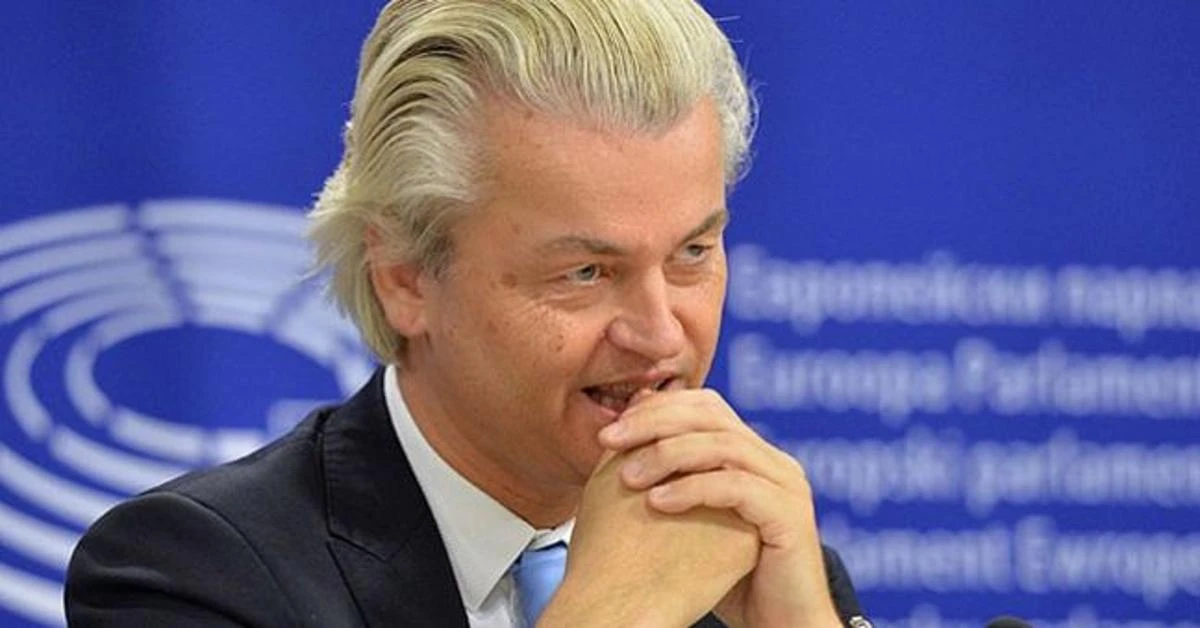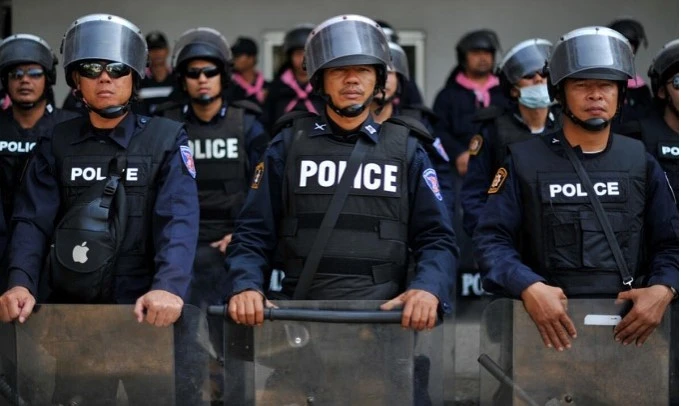Anti-Türkiye, anti-Islam Wilders to exclude Netherlands from EU migration rules

Wilders, a far-right extremist known for his anti-Türkiye and Islamophobic rhetoric, will prevent the Netherlands from complying with EU migration policies
Dutch far-right extremist Geert Wilders won an election nearly six months ago and reached a deal on Wednesday to form a coalition with three right-wing partners. He has not yet proposed his choice for prime minister but has ruled himself out. In its government plan published early on Thursday, the four-party coalition says it will aim for the “strictest-ever asylum regime” with stronger border controls and harsher rules for asylum-seekers who arrive in the Netherlands. Wilders’ anti-Turkish and anti-Muslim stance is said to be behind this decision
“An opt-out clause for European asylum and migration policies will be submitted as soon as possible to the European Commission,” the coalition says in its pact.
Wilders said the plan would make the Netherlands less attractive for asylum-seekers, adding that “people in Africa and the Middle East will start thinking they might be better off elsewhere”.
The Netherlands would join Hungary and Poland’s previous nationalist governments in challenging EU migration policy. Brussels is likely to resist, as EU countries have already agreed on their migration pact, and opt-outs are usually discussed during the negotiation phase.
“We have a new pact on migration and asylum, which has been voted upon and confirmed and therefore has to be applied,” EU Commission spokesman Eric Mamer said at a press briefing in Brussels.
“This legislation will be applied and the commission will play its role in making sure it is.”
The Dutch coalition parties said labor migration would also be curbed, and admittance of foreign students to Dutch universities would become stricter.
Workers from outside the EU who do not have specific knowledge or expertise would need a work permit, and recruiting agencies will face stricter regulations. The coalition says it would also strive to limit free movement for people from countries joining the EU in the future.
Tech industry association FME, representing firms including semiconductor industry powerhouse ASML said it was concerned such measures would hamper hiring by tech firms.
Prime minister role
The deal brings together Wilders’ PVV with outgoing Prime Minister Mark Rutte’s centre-right VVD, the new NSC party and farmers’ protest party BBB in a coalition that will have a strong majority of 88 seats in the 150-seat Lower House.
With the broad agreement reached, an independent intermediary will now be tasked with forming the cabinet of ministers, a process that is expected to take at least another month.
Wilders, known for his outspoken views on Islam, vowed in March to forego the prime minister’s role in order to get his prospective government partners to the negotiating table. He has not yet announced who he will put forward for the top job.
Wilders known for anti-Türkiye, anti-immigrant rhetoric
In an interview with Türkiye’s NTV channel in 2009, Wilders said that he thought Türkiye could only be a good neighbor to the EU, but that it would never become a full member.
In 2012, Wilders opposed then-President Abdullah Gul’s visit to the Netherlands at Queen Beatrix’s invitation on the occasion of the 400th anniversary of Türkiye-Dutch relations and stated that there was nothing to celebrate between the two countries.
Wilders did not hide his regret over the failed coup attempt in 2016, and his criticism of Türkiye increased, especially during the election period.
Wilders, who criticized the AK Party’s victory in the elections of 2015, 2018 and 2023 and President Recep Tayyip Erdogan’s preservation of the presidency, especially through his social media messages and videos, frequently expressed his anger that the Turkish ruling party received a significant number of votes from citizens of Turkish origin living in the Netherlands.
Source: Reuters



